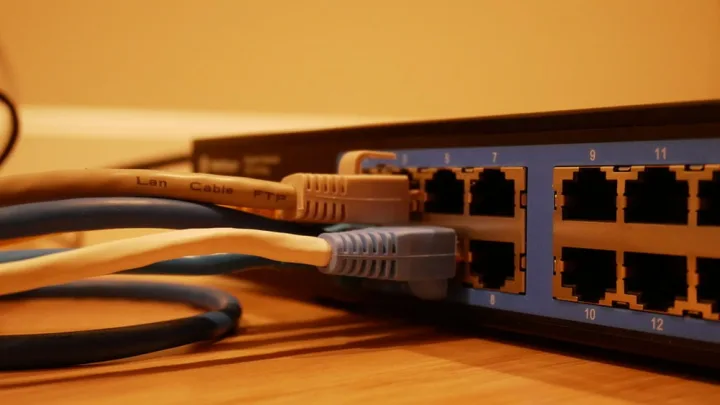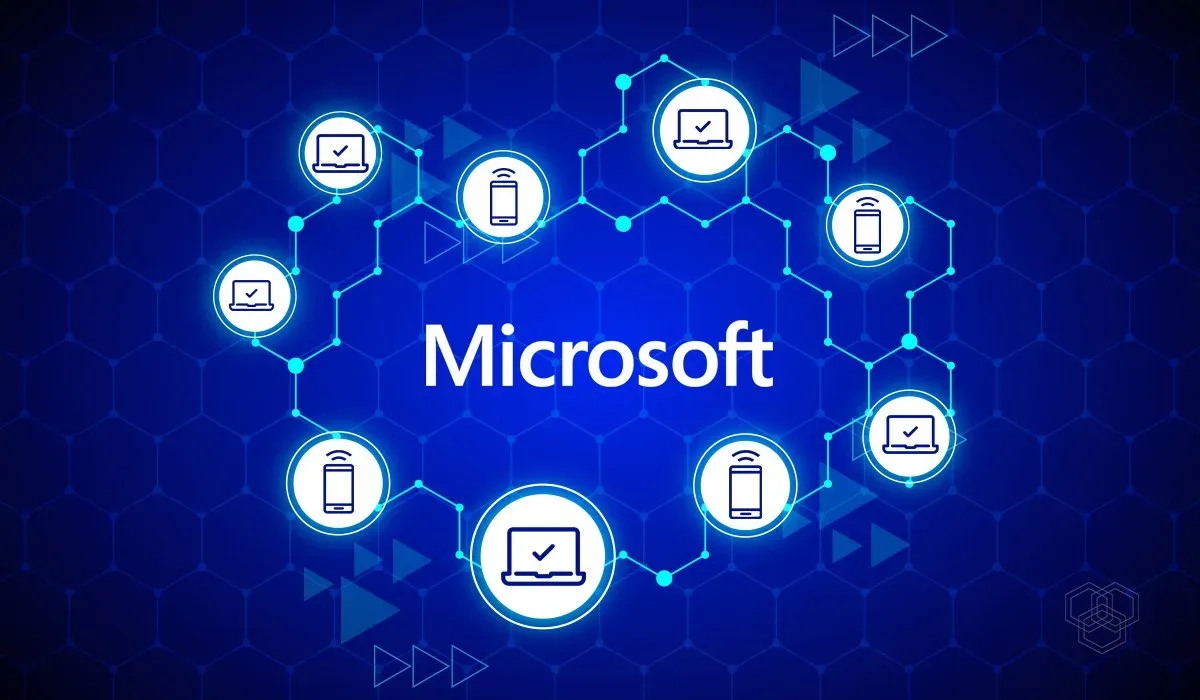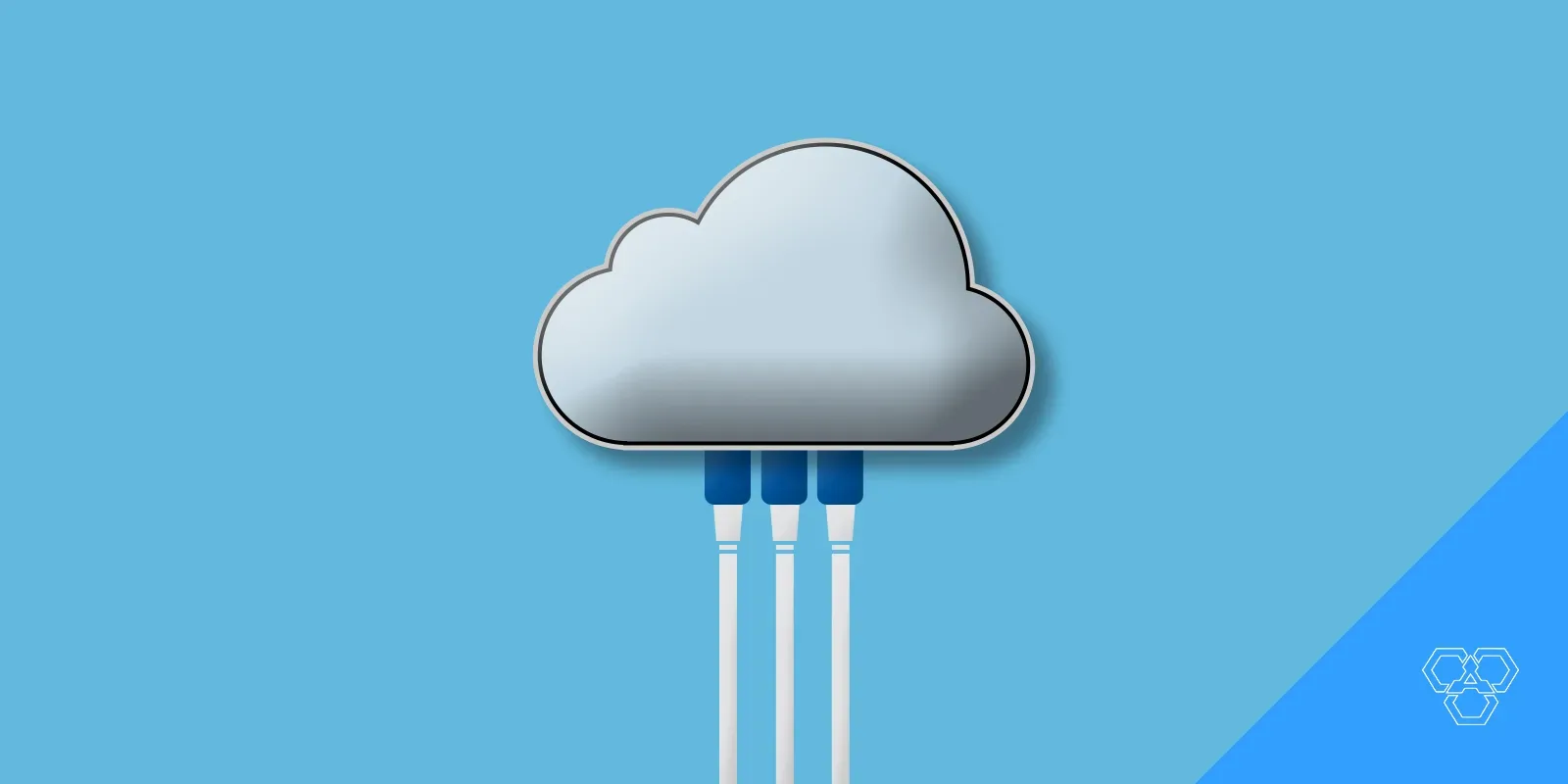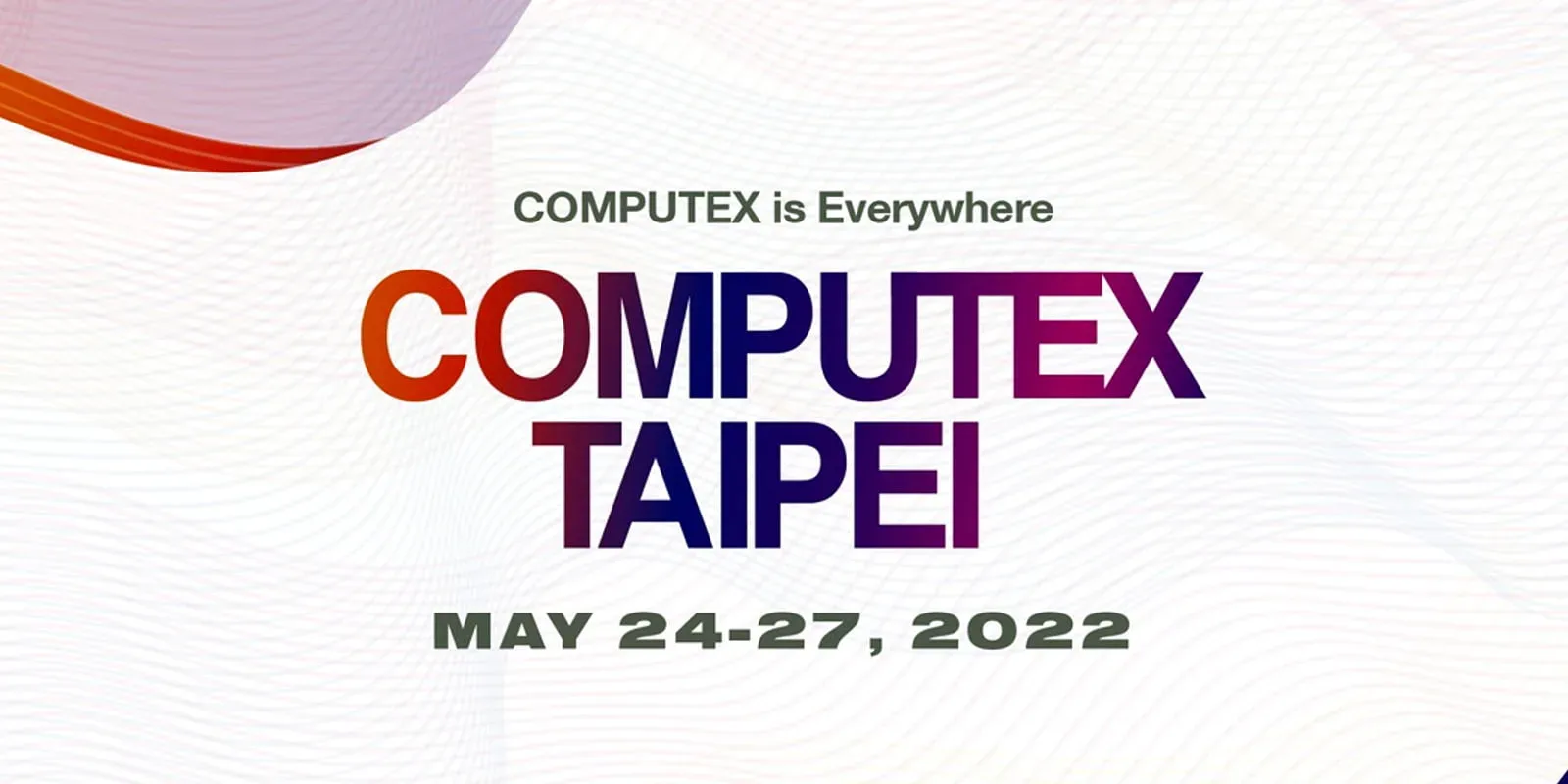A Public Cloud is essentially defined as any computing services that are offered by a third-party company or service provider through the internet. Hence, this makes it possible for any individual or company residing in any part of the world to purchase and make use of such cloud services. Public cloud services can be offered free of cost or sold on an individual’s or company’s demand. Buying an on-demand plan allows the end-user to only pay for what they and their devices use in terms of space, storage, or bandwidth.
What can one do on a Public Cloud Platform?
Public Cloud platforms allow individuals to use available cloud space for a number of activities, including developing and testing applications, running software, deploying websites, creating a recovery service, increasing their IT infrastructure.
What is the difference between a Public Cloud and a Private Cloud?
The main difference between a public and private cloud is that when a company or individual uses a public cloud, they aren’t supposedly responsible for managing the cloud in any capacity whatsoever. On a public cloud, the individual’s data is stored on a third-party server or data center. A public cloud is preferred over a private cloud any day because not only does the former save time and effort on the company’s part, it also minimizes the time required to test and launch new products.
Why would a company still not consider a Public Cloud?
Despite all the benefits of a public cloud, one issue or resistance that individuals or companies may have with using a public cloud is that they might feel a lack of security and privacy in their data. However, public clouds rarely have experienced any data breaches in the past, and all your data is kept private and separate from any other entities with the utmost ethical and legal considerations. A larger, multinational company might opt for a private cloud if it has the financial and technical means to do so. A smaller company, or a company that simply cannot be bothered with the added fatigue, would smartly opt for a public cloud so that it can rightly focus on its main line of work rather than on technicalities.
What are the benefits of a Public Cloud?
Using a public cloud has a number of benefits for a company, which include the following:
- Saving extra costs: The most obvious benefit of using a public cloud is the money you save by not having to develop and manage a private cloud service on office premises. The hardware and technical infrastructure of maintaining a cloud service is very expensive and cannot be maintained by everyone.
- Faster deployment: Public clouds are also faster to deploy as compared to private clouds and are also infinitely in terms of scalability depending upon your subscription and on-demand deal with your public cloud service provider.
- Safe and secure: Public clouds, when managed correctly, with caution, and with proper security such as IDPS systems, they can be pretty safe and secure for use by all companies and individuals.





Share Your Thoughts